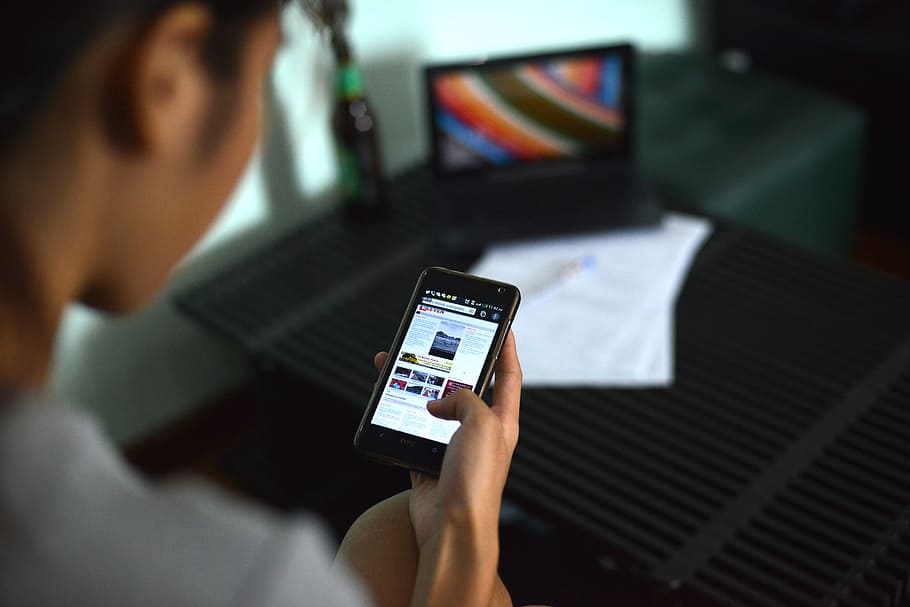A fact: social media is not a measure of activism.
A lie: this means we are allowed to be silent.
Black Lives Matter is not a trend that we forget about as soon as the media decides to report on something else. Every day, we should be taking actions in our lives to ensure that we are combating the systematic racism that has been infecting us since we were born. We are not allowed to care only when it’s convenient, or post only because we want to prove that we are “not racist”.
Most of us are not celebrities or influencers with a large following, but black people deserve to be supported and to know which side we are on. Racists shouldn’t be owed anything, but they also need to see that we are not on their side. Whether we like it or not, social media has a big impact on the world today. Black people deserve to know that they are not alone in this fight.
However, with this, comes the danger of performative allyship. By this, I am referring to those who post once on their Instagram, because others are, and then forget all about the issue. Those who posted the black screen for #BlackOutTuesday and then logged off social media for the rest of the day, continuing with their daily life. Those who ‘spread awareness’ without any self-evaluation.
Of course, public allyship is positive. It is good to demonstrate unity, but we need to take real action.
If we are posting about our support, we must be practising what we preach. At the end of the day on Tuesday, the hashtag #BlackOutTuesday contained nineteen million posts on Instagram. The petition for George Floyd had less than twelve million signatures. This is only one example of how dangerous performative allyship is. Posting for self-gratification and not doing anything in real life is useless. It’s performative.
Petitions, donations, protests, sending emails, calling institutions up: these are only some of the things we should be doing, not instead of, but in collaboration with the posts we share. Police brutality will not stop because you posted a story about how your heart is broken by the situation. Black people will not get justice because you retweeted “we must all stand together”. Posting a black screen and deciding that that was enough activism for today does not help anyone.
As non-black people, as real allies, we must do the best we can. That means direct action. I’m sure we all have good intentions when we post about solidarity, but it’s not enough. There’s something self-gratifying in the reason we post because of social pressure: we don’t want to seem racist, right? If I do not post this black screen, I don’t want to be the only one of my friends not doing it and, therefore, be branded as racist. Of course, we all think like that, but what does it do for the authenticity and progress of this movement if the reason we are posting is to save our own face? We shouldn’t care because everyone else is. We should care because there are black people dying and facing injustices every day.
The very least, the bare minimum, of what we should be doing if we’re posting our support is to reflect on the way we view racism and how we interact with daily racism. We should be thinking self-critically about what we do, what we post, how we interact with this movement. That means consuming media that is educational, whether that be books, documentaries, or podcasts.
Do you call out the microaggressions you see daily? Do you challenge your racist friend’s views, or do you just roll your eyes to stop yourself from “being difficult”? Do you acknowledge your own privilege, or do you act defensive when someone forces you to recognise it? You posted that you care about black lives online. But what are you actually doing to show it?
Jessie Lee
Image: Wallpaper Flare.

